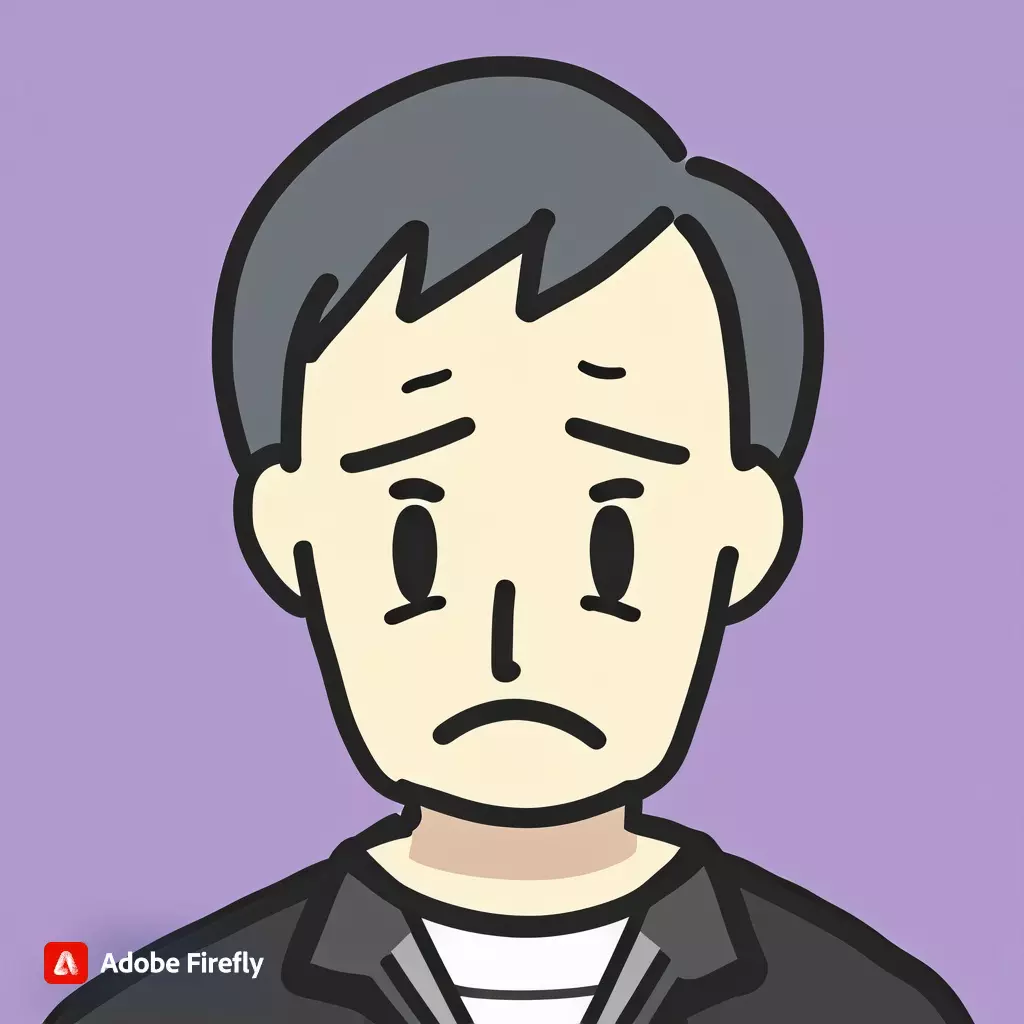
Image Credits: Adobe Firefly
Childhood Trauma Awareness: What You Should Be Informed About
Writer: Tanya Chaturvedi
As a dedicated content writer, I thrive on the art of storytelling through various media forms. My passion lies in creating engaging, informative and visually captivating content that resonates with audience across platforms.
India, 10 Oct 2023 12:23 PM GMT
Editor : Ankita Singh |
A literature lover who likes delving deeper into a wide range of societal issues and expresses her opinions about the same. Keeps looking for best-read recommendations while enjoying her coffee and tea.
Creatives : Tanya Chaturvedi
As a dedicated content writer, I thrive on the art of storytelling through various media forms. My passion lies in creating engaging, informative and visually captivating content that resonates with audience across platforms.
Childhood trauma can encompass various experiences, including abuse, neglect, bullying, domestic violence, or an unstable environment. Left unaddressed, these traumas can impact an individual's relationships, career, happiness, and overall well-being.
Childhood trauma can have profound and lasting effects on an individual's life, shaping their personality traits and coping mechanisms as adults. Experts in the field shed light on the strategies for healing and recovery from these early wounds.
Childhood trauma can encompass various experiences, including abuse, neglect, bullying, domestic violence, or an unstable environment. Left unaddressed, these traumas can impact an individual's relationships, career, happiness, and overall well-being.
Acknowledging the Problem and Its Triggers
The first step toward healing from childhood trauma is acknowledging its existence. Experts emphasize the importance of conducting a thorough self-examination and understanding the triggers that can lead to reliving traumatic experiences. Identifying these triggers is essential to the healing process, as it allows individuals to become aware and work toward letting go of their past.
Loving the Child Inside
To heal from childhood trauma, experts recommend envisioning a meeting between the present-day self and the inner child who experienced the trauma. This process involves comforting and nurturing the inner child, providing the care and support that may have been lacking during childhood. Visualization exercises and meditations can aid in this healing journey.
Using Positive Affirmations
Negative childhood experiences can impact brain pathways, hindering one's ability to enjoy life fully. To counteract these effects, positive affirmations are crucial. Individuals should actively nourish their hearts, brains, and souls with positive affirmations, reassuring themselves that they are now safe and in control. Practicing daily affirmations can help change negative thought patterns.
Silencing Negative Mental Chatter
During the healing process, individuals may experience heightened emotions and negative mental self-talk. Learning to calm the mind and break the cycle of negativity is essential. Relaxation techniques, meditation, music, or podcasts that reduce stress and anxiety can be helpful in this regard. Changing long-standing brain patterns will be challenging, but it is a necessary step in healing.
Learning from Traumatic Experiences
Understanding why traumatic events occurred can be a critical part of healing. By viewing these experiences from a third-person perspective, individuals can identify valuable lessons and insights gained from their past. Creating a list of lessons learned and keeping it visible can serve as a reminder of personal growth and resilience.
Seeking Support and Connection
Childhood trauma survivors often isolate themselves, but this only exacerbates the situation. Seeking support from trusted family members, friends, or counselors is crucial. Support groups for childhood trauma survivors can provide a sense of community and understanding during the healing process.
Taking Care of One's Well-being
Maintaining good physical and emotional health is essential when healing from childhood trauma. Adequate sleep, a healthy diet, regular exercise, and the replacement of unhealthy habits with healthy ones can help individuals better manage stress and emotions. Unhealthy coping mechanisms, such as substance abuse, can provide temporary relief but hinder long-term healing.
Acceptance and Letting Go
Accepting the existence of childhood trauma does not mean embracing it or agreeing with it. It means acknowledging its presence in one's life and deciding what to do with it. Letting go of the past and choosing not to let it govern the present is a significant step toward healing. This process involves recognizing that unresolved trauma may still impact one's emotions and perspectives, but it no longer has to control one's life.
Be Gentle with Yourself
Recovery from childhood trauma is a gradual process. Individuals should be patient and compassionate with themselves, acknowledging small triumphs along the way. Healing takes time and effort, and it is essential to persist in the journey to ultimately overcome the scars of childhood trauma.
In conclusion, addressing childhood trauma as an adult requires self-awareness, self-compassion, and a willingness to heal. By following these strategies and seeking support when needed, individuals can work towards healing and leading healthier, more fulfilling lives.
Also Read: Isha Gramotsavam Grand Finale: Empowering Rural India Through Sports& Community
 All section
All section














